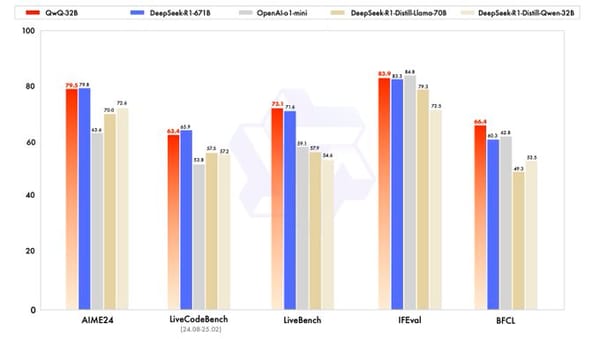In the rapidly evolving landscape of digital advancements, financial data security has become a paramount concern for businesses worldwide. As organizations transition towards a more digitized approach to financial management, the role of cloud computing has emerged as a crucial component in ensuring the efficiency and security of financial processes. This article delves into the current state of financial data security and explores the indispensable role that cloud computing plays in the contemporary digital era.
The Landscape of Financial Data Security:
Financial institutions and businesses handle vast amounts of sensitive data, ranging from customer information to transaction records. With the increasing frequency and sophistication of cyber threats, safeguarding this data has become a complex challenge. Traditional on-premises data storage systems are often susceptible to breaches, leading organizations to seek more robust and dynamic solutions.
The Rise of Cloud Computing in Financial Management:
Cloud computing has revolutionized the way organizations manage and secure their financial data. Unlike traditional on-site servers, cloud-based systems provide a scalable and flexible infrastructure that allows for seamless data access, storage, and processing. This paradigm shift has not only enhanced operational efficiency but has also introduced a new level of security measures.
Key Security Features of Cloud Computing in Finance:
- Encryption and Data Privacy:
Cloud computing platforms prioritize data encryption, ensuring that financial information is protected both during transmission and while at rest. Advanced encryption algorithms add an extra layer of security, making it significantly challenging for unauthorized entities to access sensitive data. - Multi-Factor Authentication:
Cloud-based financial systems often incorporate multi-factor authentication, requiring users to verify their identity through multiple means such as passwords, biometrics, or one-time codes. This mitigates the risk of unauthorized access, even if login credentials are compromised. - Regular Security Updates:
Cloud service providers continuously update their security protocols to stay ahead of emerging threats. This proactive approach ensures that financial data remains shielded from evolving cyber threats, providing organizations with peace of mind. - Automated Backups and Disaster Recovery:
Cloud computing platforms offer automated backup solutions and robust disaster recovery mechanisms. In the event of a data loss incident or a cyberattack, organizations can quickly restore their financial data to a previous state, minimizing downtime and potential financial losses.
Efficiency Gains through Cloud-Based Financial Management:
Beyond security enhancements, cloud computing brings significant efficiency gains to financial management processes. Real-time collaboration, remote access to financial data, and streamlined workflows contribute to improved productivity and operational agility.
- Real-Time Collaboration:
Cloud-based financial systems enable real-time collaboration among team members, regardless of geographical locations. This facilitates smoother communication and decision-making processes, ultimately enhancing the overall efficiency of financial management. - Remote Access and Flexibility:
The flexibility offered by cloud computing allows financial professionals to access critical data remotely. This is particularly valuable in today's globalized business environment, where teams may be distributed across different locations or working remotely. - Scalability:
Cloud computing platforms are inherently scalable, allowing organizations to adapt to changing business requirements. Whether experiencing rapid growth or downsizing, the flexibility to scale resources up or down ensures optimal utilization of financial management tools.
Challenges and Considerations:
While the benefits of cloud computing in financial management are substantial, organizations must also address certain challenges and considerations. These include regulatory compliance, data residency requirements, and the need for a well-defined cybersecurity strategy.
- Regulatory Compliance:
Financial institutions are often subject to stringent regulatory requirements governing data protection and privacy. Cloud service providers must adhere to these regulations, and organizations must ensure that their chosen cloud solutions comply with industry-specific standards. - Data Residency:
Some jurisdictions require that certain types of data remain within specific geographical boundaries. Organizations must carefully consider data residency requirements when selecting a cloud service provider to ensure compliance with local regulations. - Cybersecurity Strategy:
While cloud computing providers invest heavily in security measures, organizations must also implement a robust cybersecurity strategy. This includes educating employees on best practices, conducting regular security audits, and staying informed about emerging threats.
Conclusion:
In conclusion, the role of cloud computing in enhancing the security and efficiency of financial data management cannot be overstated. As organizations navigate the complexities of the digital era, leveraging cloud-based solutions provides a strategic advantage in safeguarding sensitive financial information. By embracing the security features and efficiency gains offered by cloud computing, businesses can not only adapt to the challenges of the present but also future-proof their financial processes in an ever-evolving digital landscape.









